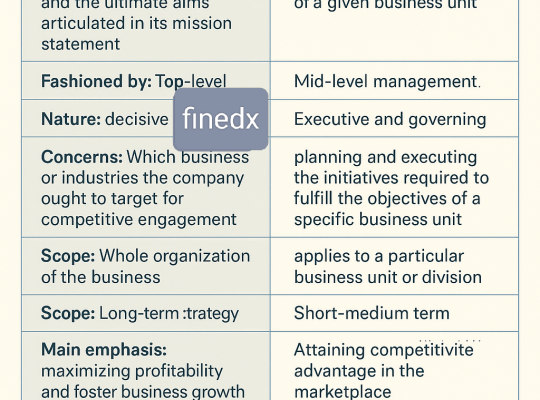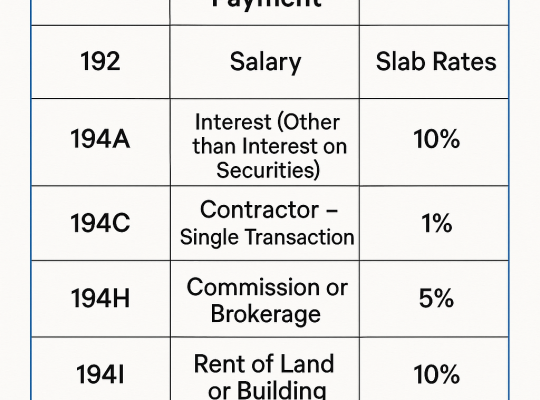Bond is a kind of debt. It is a loaned venture entering into a loan agreement between an investor and a borrower (usually a corporation or government). The issuer (borrower) will pay the borrowed amount (principal) back together with the interest in a stipulated span of time.
Purpose:
To Investors: Bonds have a stable and consistent rate of returns in the future.
In the case of Issuers: Bonds represent a relatively low cost of raising funds to be invested, expanded, or in operations.Bonds are usually safe investments that also provide foreseeable flow of income but they may be of a varying level of risk.
Use of Corporate Bond Markets Corporate bond market plays a significant role of providing finance in the real economy as an alternative to bank finance. Such markets act in short-term capital-efficient and transparent channeling. Key Highlights: In FY 2023-24, India borrowed Rs. 9.2 lakh crore on primary markets and out of this Rs. 8.6 lakh crore consisted of corporate bonds. According to CRISIL, the current corporate bond market in India has the potential of growing to Rs. 65- 70 lakh crore by 2025. To attract retail (individual) investors, in April 2024 SEBI amended the face value of privately placed bonds to a nominal amount of 10,000 instead of 100,000 worth.
Types of Bonds
Fixed-Rate Bonds :The rate of interest is constant during the life of a bond. Not adaptable to the market.
Floating Rate Bonds (FRBs) | Interest changes with a reference to a market rate.
Inflation-Indexed Bonds | They are pegged to inflation. There is lower interest rate adjusted to inflation. |icans disagree with the school of thought which states that the price of a commodity at a given point in time is the current price.
Perpetual Bonds No date of maturity. In investors, there is perpetual interest.
Callable Bonds | The issuer has the option of redeeming. Normally charge a higher rate of interest. Pu
Puttable Bonds Investor is able to sell back the bond early. They tend to provide low interest rates.
Zero-Coupon Bonds | No interest that is periodic. They are signed on a discounted basis, and repaid on a face value basis.
Convertible Bonds They may be redeemed to a specified amount of the shares of the issuing company.
Green Bonds Financed to do environmental works such as solar energy or trash disposal.
Municipal Bonds | These bonds are issued by cities to finance the infrastructure projects in cities.
Secured Bonds | These are guaranteed by particular assets. Reduced risk.Not backed by assets Unsecured Bonds A greater risk.
Government Securities (G-Secs) | They are issued by the government. Regarded as risk-free and is a benchmark of prices.





